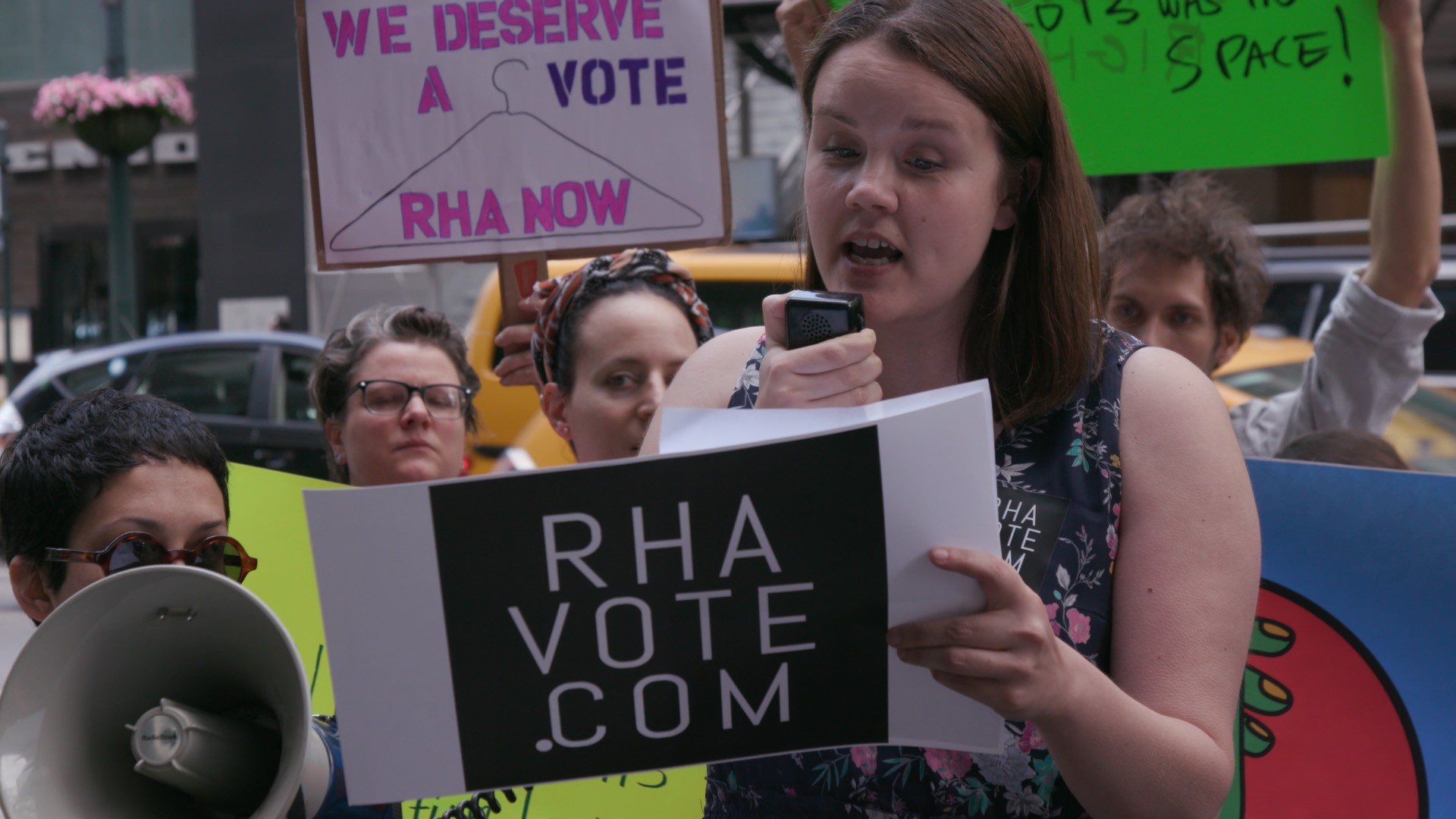Lumina Images/Getty Images
For women, the hardest part about starting a new office gig isn't waiting around for IT to debug a new email server. It's waiting the socially acceptable week or so before you can put in a request for a space heater and start burrowing under ugly blanket sweatshirts at your desk. Most offices—especially in the summer months when the AC is on blast—feel like a meatpacker to women. They clutch mugs of hot water, take calls in down coats, and dip outside at lunch—even midwinter—to defrost in a ray of sun. Men, for the most part, say they feel quite comfortable.So are women really colder? Or are men just less likely to fuss and, God forbid, look feeble? Christopher Minson, an expert in human thermos regulation at the University of Oregon, says that when it comes to body temperature, women are not colder than men—we all hover around 98.6 degrees Fahrenheit. (If anything, women actually tend to run a little warmer than men.) But women do likely feel colder than men (different than actually being cold) because of their smaller body size. "Our bodies are well designed to maintain our core body temperature, and we feel cold well before our body temperature actually takes a dip, it's like a warning system," Minson says. Women trigger that alert system earlier on, because with less muscle mass (but more surface-area-to-volume ratio—remember, skin is where we exchange heat and cold to regulate our temp), they lose heat more quickly.Years ago, Canadian researchers performed a small study to confirm what researchers suspected about the role of body size—they immersed a small group of women up to their necks in cold water to see how quickly their temperature dropped, and found it did drop in relation to their surface-area-to-volume ratio and body fat. (They found the same for men, so there may be a contingent of small guys out there freezing as well.) But other contributing factors play into female frigidness: Women have lower metabolic rates than men (the rate at which food is burned into fuel) which means their body generates less heat, and research shows women typically have colder hands and feet (by about 3 degrees)—a sign their body is more apt to shuttle warm blood away from their extremities to their core, where all the vital organs are. With cold hands and feet, nothing's comfortable.For women who don't experience cold issues anywhere but the office, it's because the building really is chilly. Even if the thermostat is set to a mild temperature, like 72 degrees (t-shirt weather outside) the massive amount of air flow that building operators build into their cooling systems make the rooms feel downright arctic, Minson says. (And with no natural sunlight, we don't pick up any of those toasty electromagnetic rays.)
More From Tonic:
But here's the really egregious error—building temperatures are only set to keep men comfortable. Research published in the journal Nature Climate Change found that most buildings follow a thermal comfort model developed in the 1960s based on the average male's metabolic rate. (The study authors say the model overestimates the female metabolic rate by up to 35 percent and needs to be recalibrated. Because, sexism.)Until then, Minson and other researchers are hard at work researching and developing personal thermal comfort devices to help women (and cold men) stop shivering at work. Heated desk chairs, mousepads, and garments could all be coming down the pipeline. (Minson says that if everyone had their own comfort devices, buildings could lower their thermostats even more to save energy. Though at this point, that sounds terrifying.) In the meantime, he suggests finding ways to keep your hands and feet warm, which can make a big overall impact on feeling comfy—try fingerless gloves and an extra pair of socks—and even moving around the office to find those pot-of-gold warm pockets of air, which usually exist somewhere. Then keep complaining, because women are 47 percent of the workforce, and freezing out half the office doesn't make sense. Read This Next: Men Are Surprisingly Touchy-Feely When It Comes to Sex
Advertisement
Advertisement
More From Tonic:

But here's the really egregious error—building temperatures are only set to keep men comfortable. Research published in the journal Nature Climate Change found that most buildings follow a thermal comfort model developed in the 1960s based on the average male's metabolic rate. (The study authors say the model overestimates the female metabolic rate by up to 35 percent and needs to be recalibrated. Because, sexism.)Until then, Minson and other researchers are hard at work researching and developing personal thermal comfort devices to help women (and cold men) stop shivering at work. Heated desk chairs, mousepads, and garments could all be coming down the pipeline. (Minson says that if everyone had their own comfort devices, buildings could lower their thermostats even more to save energy. Though at this point, that sounds terrifying.) In the meantime, he suggests finding ways to keep your hands and feet warm, which can make a big overall impact on feeling comfy—try fingerless gloves and an extra pair of socks—and even moving around the office to find those pot-of-gold warm pockets of air, which usually exist somewhere. Then keep complaining, because women are 47 percent of the workforce, and freezing out half the office doesn't make sense. Read This Next: Men Are Surprisingly Touchy-Feely When It Comes to Sex